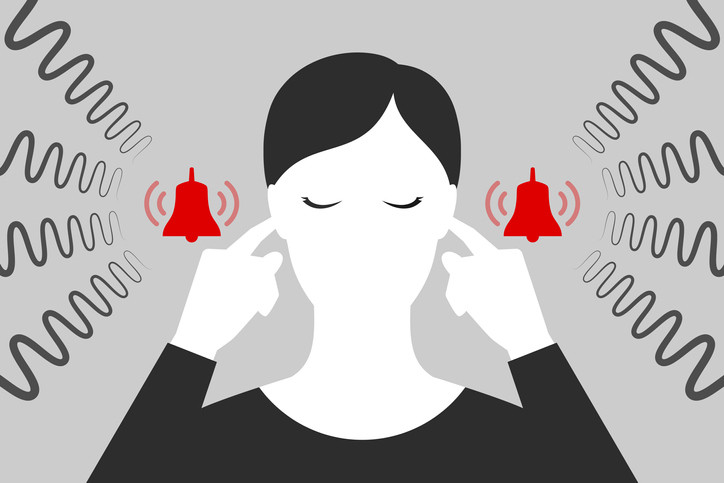The Bells Are Ringing: Unveiling the Mysterious Origins of Tinnitus
Imagine sitting in a peaceful garden, surrounded by the sweet melodies of chirping birds and rustling leaves. Suddenly, an unwelcome guest arrives – a persistent ringing or buzzing sound that seems to come from nowhere. This intrusive noise, known as tinnitus, affects millions of people worldwide. While it may sound like a mysterious affliction, scientists have made significant strides in uncovering its causes. In this article, we will delve into the origins of tinnitus, shedding light on this perplexing condition that continues to baffle many.
Unmasking the Melodies: Delving into the Surprising Triggers of Tinnitus
1. Exposure to Loud Noises
Unmasking the melodies that trigger tinnitus, we find that exposure to loud noises stands as one of the leading causes of this condition. Whether it’s attending a rock concert, working in a noisy environment, or even prolonged use of headphones at high volumes, our ears can only endure so much. Excessive noise damages the delicate hair cells within the inner ear, which are responsible for transmitting sound signals to the brain. Once these cells are harmed, they can send false electrical signals, resulting in the perception of sound when there is none. So, next time you find yourself in a noisy setting, don’t forget to protect those ears with earplugs or headphones designed to reduce external sounds.
2. Age-related Hearing Loss
As we gracefully age, our bodies undergo various changes, and unfortunately, our ears are not exempt. Age-related hearing loss, also known as presbycusis, is a common trigger for tinnitus. This gradual deterioration of hearing occurs due to the natural aging process, as the tiny hair cells within the inner ear become less flexible and less able to transmit sound. The brain compensates for this loss by increasing its sensitivity, often amplifying the perception of internal sounds like tinnitus. While there is no foolproof method to prevent age-related hearing loss, regular hearing check-ups, and taking necessary precautions to minimize exposure to loud noises throughout life can help reduce the risk.
3. Medical Conditions and Medications
Tinnitus can also arise as a result of various medical conditions and medications. Conditions such as Ménière’s disease, otosclerosis, and temporomandibular joint (TMJ) disorder have been found to be associated with tinnitus. In addition, certain medications, including some antibiotics, antidepressants, and diuretics, can have tinnitus as a potential side effect. It is vital to communicate openly with your healthcare provider about any medications you are taking and any symptoms you experience, including tinnitus. They can help determine if any adjustments need to be made to your treatment plan to alleviate the symptoms.
While the origins of tinnitus may still hold some mysteries, our increasing understanding of its causes allows us to make informed decisions to prevent or manage this condition. By protecting our ears from loud noises, taking care of our overall health, and being mindful of medications we consume, we can minimize the risk of experiencing tinnitus. So, let’s stay tuned to the symphony of life without any unwanted bells and whistles!
